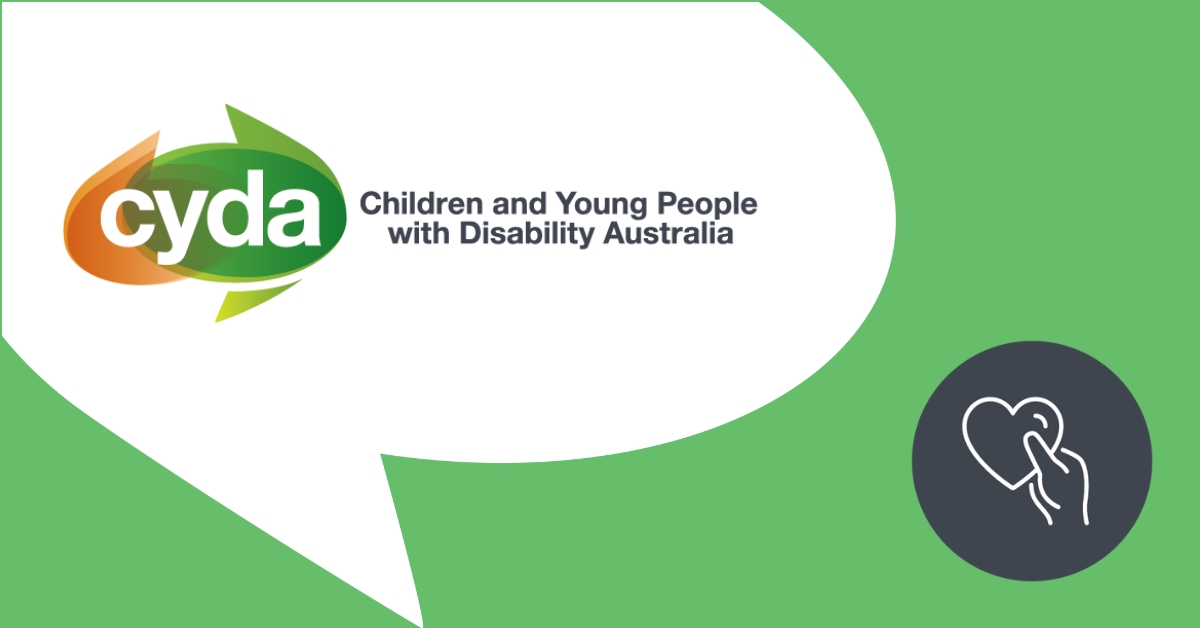This blog was written by Ness Vlajkovic.
I have two main diagnoses: Borderline Personality Disorder (BPD) and Deafblindness.
If we want to be specific, my vision loss is called optic atrophy and my hearing loss is called auditory neuropathy spectrum disorder.
The most recent of these diagnoses is BPD. It was only in 2021, after 10 years of being told I had depression, that I finally received the correct diagnosis by the first psychiatrist I saw.
Before that day, I had seen a myriad of psychologists since I was 13, all of whom failed to put the right label on my symptoms. So, when I was diagnosed, I was very relieved, albeit somewhat confused and perhaps a tad worried about what my future looked like with this new mental health illness. It was great that I now had a thorough understanding of why I felt and acted the way I did, but it was daunting nonetheless.
I was taken off my anti-depressants and put on a different medication, one that was actually appropriate for what I was experiencing. Being weaned off meds wasn’t fun, but I had to trust the doctor on this one. Eventually, I commenced Dialectical Behaviour Therapy, which was in addition to my psychiatrist therapy sessions.
The process of being diagnosed with BPD was ultimately pretty straightforward – it took the doctor five minutes after meeting me to figure it out. It was just a matter of seeing a good doctor, something I should have done from the beginning. Being 13, I had no idea BPD existed, and so I just believed what people were telling me when they said I had depression.
In terms of my blindness, I was diagnosed at nine months old so I have no recollection of that. My sight has remained more or less consistent over my life, so there’s unlikely to be any new diagnosis on that front.
When I was six, my hearing started to disappear. But again, like with BPD, it was 10 years until I was formally diagnosed.
Losing hearing over time was very emotionally draining, but I kept the pain inside and never showed the world what I was feeling. I didn’t want sympathy, so I kept quiet and put on a brave face.
I was at school, and there was an expectation that I get on with my studies and put aside any internal struggles related to my disability. So, in a sense, I kind of skipped past the grief stage and was forced to accept it without having time to comprehend what was happening to me.
This blog is the first opportunity I have had to reflect on my diagnoses. It’s not a topic I usually go into depth on.
There’s so much more to it than I have space to write here, but I hope this has been an insightful read!

About the author:
Ness is one of CYDA’s Youth Council members. She is 25 and lives in Perth.


